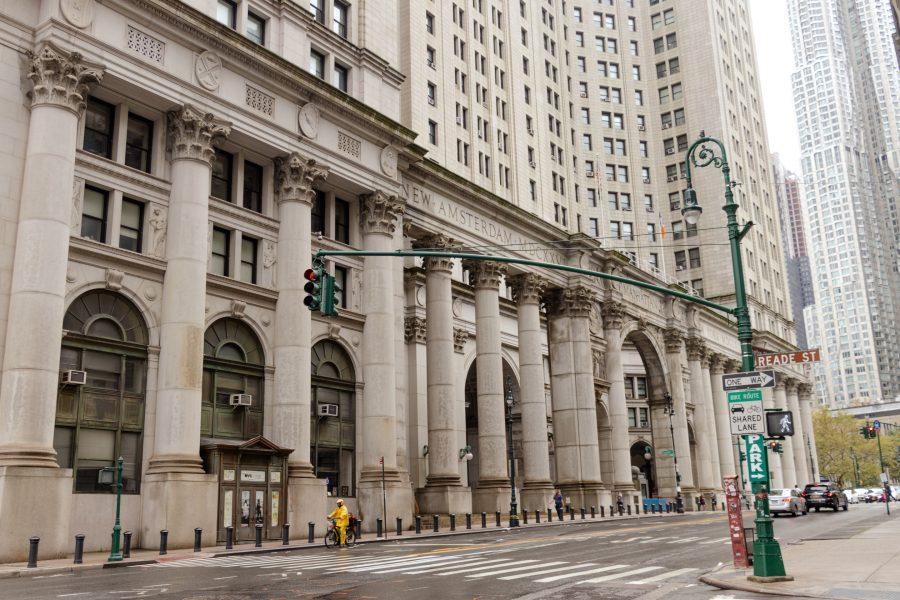As protestors shouted and people gathered in hoards hoping to enter City Hall, New York City Council voted on Thursday to shut down Rikers Island –– the city’s primary jail compound –– and replace it with four new jails confined to each borough except Staten Island.
The nearly $9 billion plan to shut down Rikers, which has long been plagued by reports of corruption and unsanitary conditions, was initially proposed by New York City Mayor Bill de Blasio in 2017. A day after being approved by the City Council’s Committee on Land Use, 26 council members voted to approve it during an all-council vote.
Thursday’s City Council Meeting, which was at overcapacity, brought activists from groups such as #CLOSErikers and No New Jails.
#CLOSErikers — a campaign within an organization dedicated to combating the U.S. prison industrial complex called JustLeadershipUSA — was founded in 2016 and is led by formerly incarcerated persons. The group advocates for the approval of de Blasio’s plan, as its members see the shutdown as a reform of Rikers’ poor conditions.
Endorsed by NYU’s student government earlier this month, the prison abolition group No New Jails NYC is similar to #CLOSErikers in its efforts to shut down the large jail complex, but differs in its complete opposition to de Blasio’s plan, advocating for there to be no new jails constructed in New York whatsoever.
“The facts are that this plan does not work for our communities,” said one member of No New Jails who declined to give their name. “We’ve found that people do not want those new jails — no matter the cost.”
Theresa Sweeney, a volunteer leader with #CLOSErikers, said the vote was a long and hard-fought effort for these groups.
“When we started this campaign people thought we were crazy,” Sweeney said. “Now, three years later, we’re getting in this historic vote.”
The group emphasizes decreasing the number of jails in the city and providing resources such as mental health screenings that will prevent incarceration in the first place.
Sweeney, once incarcerated herself, said that even though she was imprisoned elsewhere she was exposed to Rikers’ conditions when working there for six months.
“It’s horrific not just for the people who are there but also for the officers,” she said. “It’s a very unsafe place.”
Due to the arduous nature of efforts to close Rikers Island, the approval has led to an outpouring of emotion for those involved.
JLUSA Senior Policy Advisor Dylan Hayre led some of Thursday’s protests and said he saw the activists’ passion firsthand.
“This is definitely the most emotional rally we’ve ever done,” Hayre said. “This is it, this is people who’ve been in Rikers, who’ve fought for the closure of Rikers for years, who’ve lost loved ones to Rikers, and here they are at this rally before the final vote.”
Some of this passion culminated in heated arguments among No New Jails activists and those from #CLOSErikers, as they waited in line to enter City Hall.
Aside from the two activist groups, some residents opposed de Blasio’s plan due to how it would impact their communities. Chinatown resident Luzy Tsui said that she was against the potential construction of a new jail in her neighborhood — which a study by NYU’s Center for the Study of Asian American Health found poses serious health hazards.
“If it were next to your home, you’d have more sympathy,” Tsui said. “We are concerned about the community […] if you build a jail next to my home, I will say no.”
Ultimately, Sweeney said she hoped Riker’s closure would be a step forward in the larger movement for criminal justice reform.
“This is important because what New York does, the rest of the country is going to follow,” she said.
Email Lisa Cochran at [email protected].
























































































































































